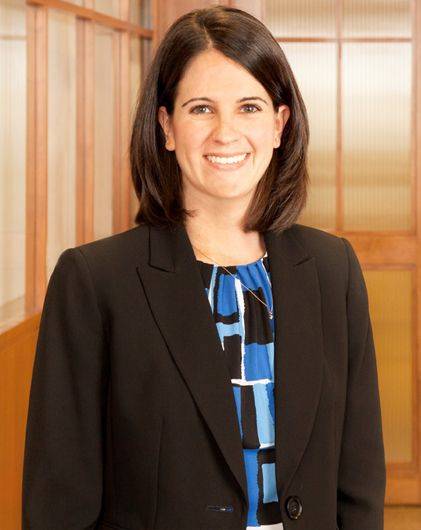Two Religious Schools Protected from Teachers' Employment Discrimination Claims by the Ministerial Exception
The U.S. Supreme Court’s recent ruling held that two religious school teachers, although not called “ministers,” could not bring employment discrimination suits due to the ministerial exception. In the two consolidated cases, Our Lady of Guadalupe School v. Morrissey-Berru and St. James School v. Biel, the plaintiffs were teachers at different Catholic schools in California. One plaintiff, Kristen Biel, alleged disability discrimination after she was diagnosed with breast cancer and the school did not renew her employment contract. The other plaintiff, Agnes Morrissey-Berru, alleged age discrimination after the school did not renew her employment contract. Though neither teacher had formal training or titles, their duties included teaching Catholic doctrine.
In both actions, the district courts granted the schools’ motions to dismiss on the ground that the suits were barred under the ministerial exception, which the U.S. Supreme Court announced in Hosanna-Tabor Evangelical Lutheran Church and School v. U.S. Equal Employment Opportunity Commission. The U.S. Court of Appeals for the Ninth Circuit reversed the district courts’ rulings in both cases, holding that the teachers were not covered by the ministerial exception because the teachers and the schools did not consider the teachers to be ministers.
The U.S. Supreme Court reversed the Ninth Circuit’s ruling and held that both suits were barred by the ministerial exception. Writing for the majority, Justice Samuel Alito explained, “[w]hen a school with a religious mission entrusts a teacher with the responsibility of educating and forming students in the faith, judicial intervention into disputes between the school and the teacher threatens the school’s independence in a way that the First Amendment does not allow.”
Moreover, in applying the ministerial exception, the U.S. Supreme Court found the teachers performed vital religious duties. Educating and forming students in the Catholic faith lay at the core of their schools’ missions. Their employment agreements and faculty handbooks specified that they were expected to help the schools carry out this mission and that their work would be evaluated to ensure they fulfilled that responsibility. As elementary school teachers tasked with instructing in all subjects, including religion, they were the schools’ staff members entrusted most directly with the responsibility of educating students in the faith.
And not only were they obligated to teach the Catholic faith, but they were also expected to guide their students, by word and deed, toward the goal of living their lives in accordance with the faith. They prayed and attended Mass with their students. They also prepared students to participate in other religious activities. Although their titles did not include the term “minister,” both schools expressly saw them as playing a vital part in carrying out the mission of the church, and the schools’ definition and explanation of their roles was important.
The U.S. Supreme Court’s decision is important for religious schools to the extent the ministerial exception, if proven, may bar some employment discrimination claims. But religious schools should not view the Court’s ruling as an invitation to engage in discriminatory practices. The decision is an arrow in the quiver to avoid possible liability against some employment discrimination lawsuits, which requires a fact-specific inquiry to determine whether the teacher meets the ministerial exception to bar liability.
Please contact Erin L. Malone or any other member of Phelps’ Labor and Employment team if you have questions or need compliance advice and guidance.


